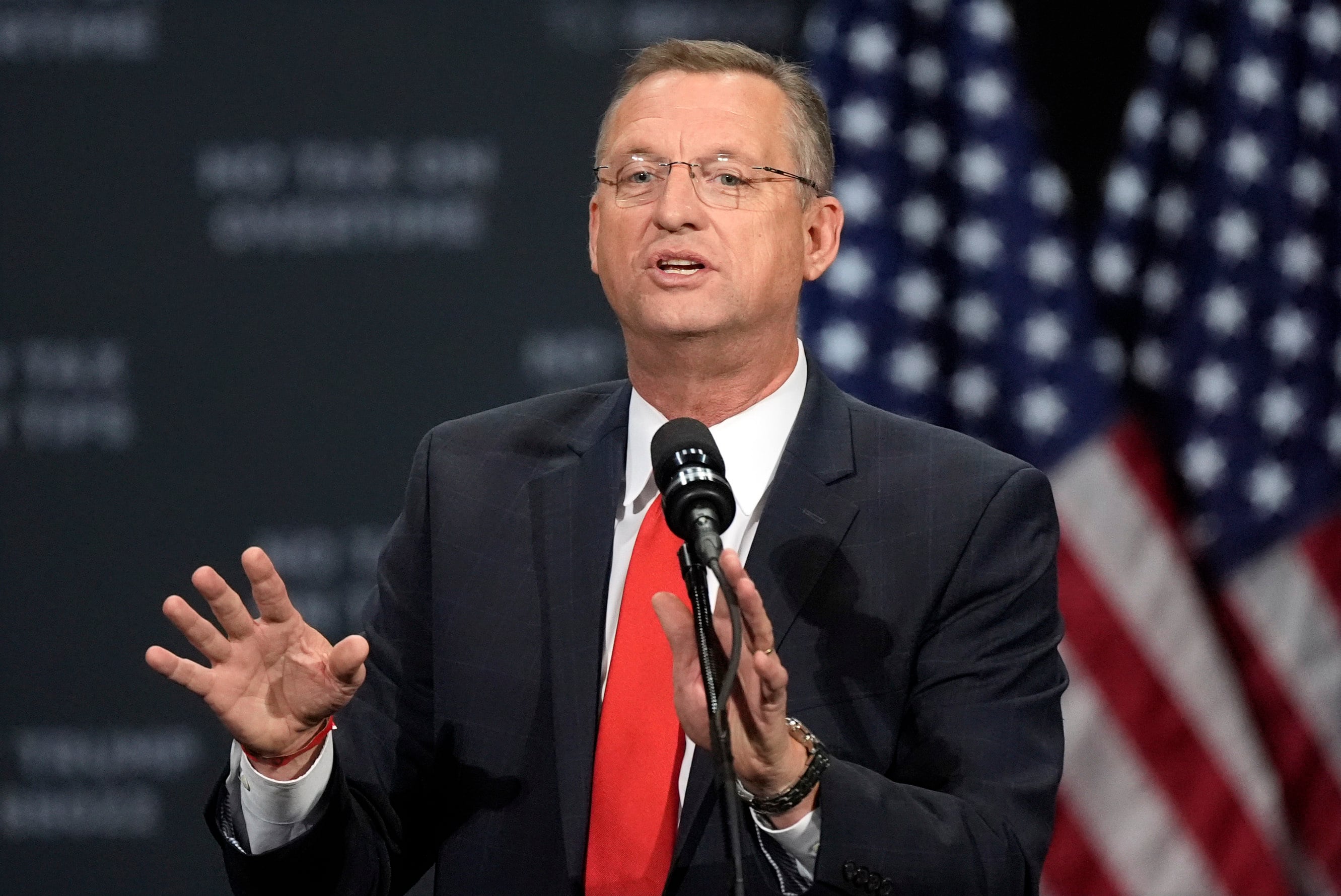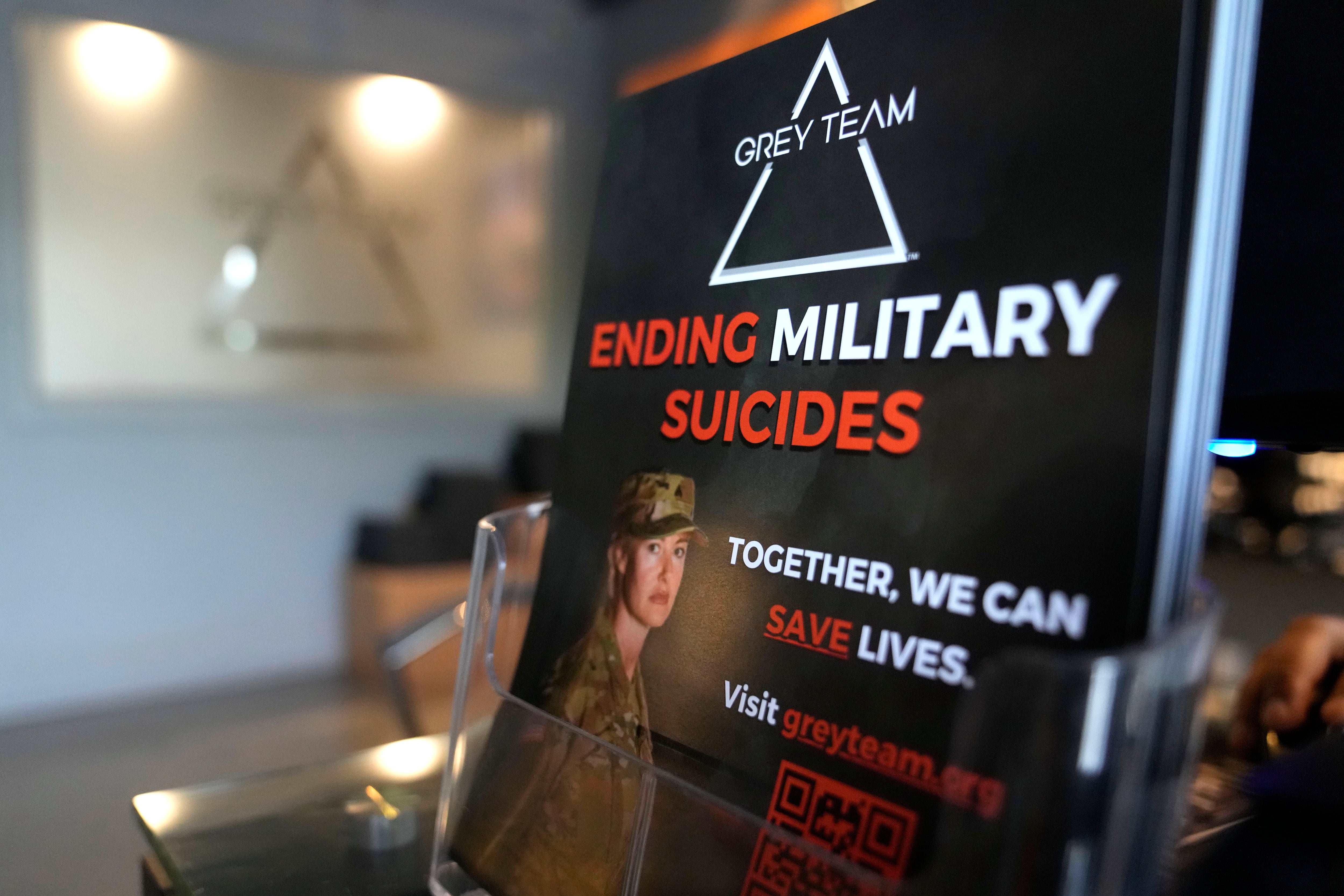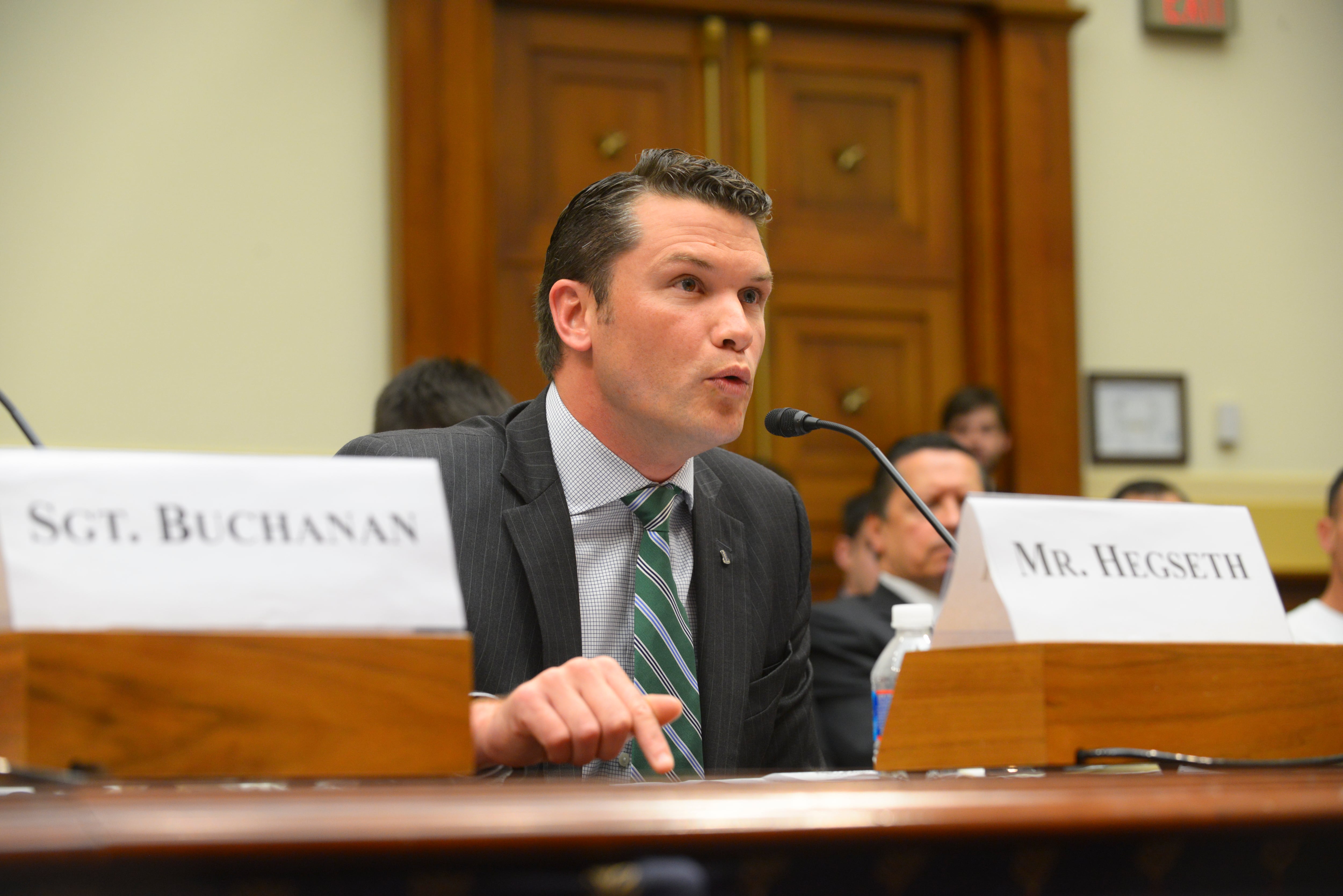The high point of Information Systems Technician 1st Class (IW/EXW) Justin Sullivan’s Navy career was a four-year tour with Navy Special Warfare Group Two’s mobile communication team, deploying alongside the elite SEALs all over the world — including Afghanistan, where he served two combat tours at remote operating bases.
"I started out in the Navy as a four-year guy," Sullivan told Navy Times. "Truthfully, being from Wyoming, there wasn’t a whole lot out there and part of the reason I joined was to get out of the state and see the world," he said.
"My plan was to go to college, but I couldn’t afford it. Then my school had a National Guard recruiter come in and he was talking about free college in the military and that got me thinking that I wanted to serve my country and get my degree, so I joined the Navy."
But along the way, something changed for the now-10-year sailor from Gillette, Wyoming.
"I was fortunate to have a senior chief at my first command who had already done a tour in mobile communications for special warfare and he thought I might like it, too," Sullivan said. "Once I got there, the type of training, the type of people in that community and the deployments — that was my light bulb moment — I realized this is what I want to do with my life and now I’m committed to this."
Sullivan was selected among hundreds of nominees to be this year's Navy Times Service Member of the Year.
It helps that he excels at his job, too, having earned one Army Commendation Medal, three Navy Achievement Medals and two Military Outstanding Volunteer Service Medals. His other awards include the Afghanistan Campaign Medal, NATO Service Medal, Global War on Terrorism Service Medal, Good Conduct Medals, and Overseas Service and Sea Service Deployment ribbons.

During his first deployment to Afghanistan in 2012, Sullivan directed five combat operations as a radio operator, including three medical evacuations from remote outposts. It was his expertise that was credited with saving the lives of two Afghan soldiers, which helped strengthen ties with locals.
His skill and courage ensured his command maintained 100 percent uninterrupted communications. He was also responsible for three tactical computer communications systems which connected to devices supporting 45 special warfare operators.
On a subsequent deployment, he stepped outside of his comfort zone while helping a team of Navy Seabees.
"We were out in the middle of nowhere, no barracks or places to sleep," Sullivan said.
"We were only supposed to be out there a month, setting up a new headquarters unit and had deployed with a bunch of Seabees who were there to do the construction for the base."
But his team couldn’t set up communications networks until the buildings were up, so he and his fellow sailors decided to pitch in with the Seabees to help speed things along.
"We were waiting for the building to happen so myself and some other ITs, decided we would just go out and help the Seabees," he said. "I got a lot of knowledge from that. I learned how to frame houses, put roofs on buildings and how to run electrical, as well as how to fuel and maintain generators."
In the end, Sullivan was involved with building and equipping five barracks, recovering 400 fuel barrels from air drops and managing over $200,000 in food stores.
"I was a junior sailor and a bit immature when I arrived there," he said. "But that command definitely turned me into something else — a better person and a better sailor."
By Navy standards, his career has been a bit backwards, as most young sailors head to ships first and then do tours elsewhere as their careers allowed. Sullivan, though, started out with overseas shore duty in the busy 6th Fleet in Europe, working in communications in Naples, Italy.
Sullivan was a swimmer in high school, and though he says he wasn’t good enough to win a college scholarship, the sport provided him with a means to mentor, something he spends a lot time doing.
During his first tour in Naples, Sullivan was awarded his first Military Outstanding Volunteer Service Medal for volunteering over 1,400 hours coaching the Naples Tiger Sharks Swim Team. The amount of time he spends volunteering has only increased since then, and while stationed at Naval Special Warfare Group Two in Little Creek, Virginia, he was awarded another volunteer medal. 
At his current command, Information Warfare Training Command, Corry Station, his day job is as an instructor, developing the next generation of information systems sailors for the fleet. But off duty, he's also busy, spending nearly 380 hours volunteering as a teacher, mentor and safety observer with the Naval Sea Cadets Corps, a Navy-related organization that teaches teenagers, ages 13 to 17, about the Navy, leadership and community service.
For his continued efforts in his community, Sullivan has garnered two President's Volunteer Service Awards — one bronze and one silver — and has been given the Navy League’s Outstanding Service Member Award.
Sullivan is currently eligible for promotion to chief petty officer, and his records will be reviewed in July to see if he'll step into the chiefs mess. He’s also weighing the idea of becoming a limited duty officer and heading to the wardroom.
For now, his focus is on where he’ll go next as his three-years of shore duty comes to an end. Soon, he'll be underway on sea duty for the first time.
"Having never stepped on a Navy vessel yet, I’m ready for this next challenge. I’m geared more towards destroyers and cruisers — they’re more operational, the crews are smaller and as someone on my level, I want that experience and that leadership opportunity," he said.
"The Navy wants well-rounded sailors — that’s been drummed in my head by mentors all through the past 10 years. By and large, those who have done tours at different types of commands are the most successful in their careers."
Mark D. Faram is a former reporter for Navy Times. He was a senior writer covering personnel, cultural and historical issues. A nine-year active duty Navy veteran, Faram served from 1978 to 1987 as a Navy Diver and photographer.





